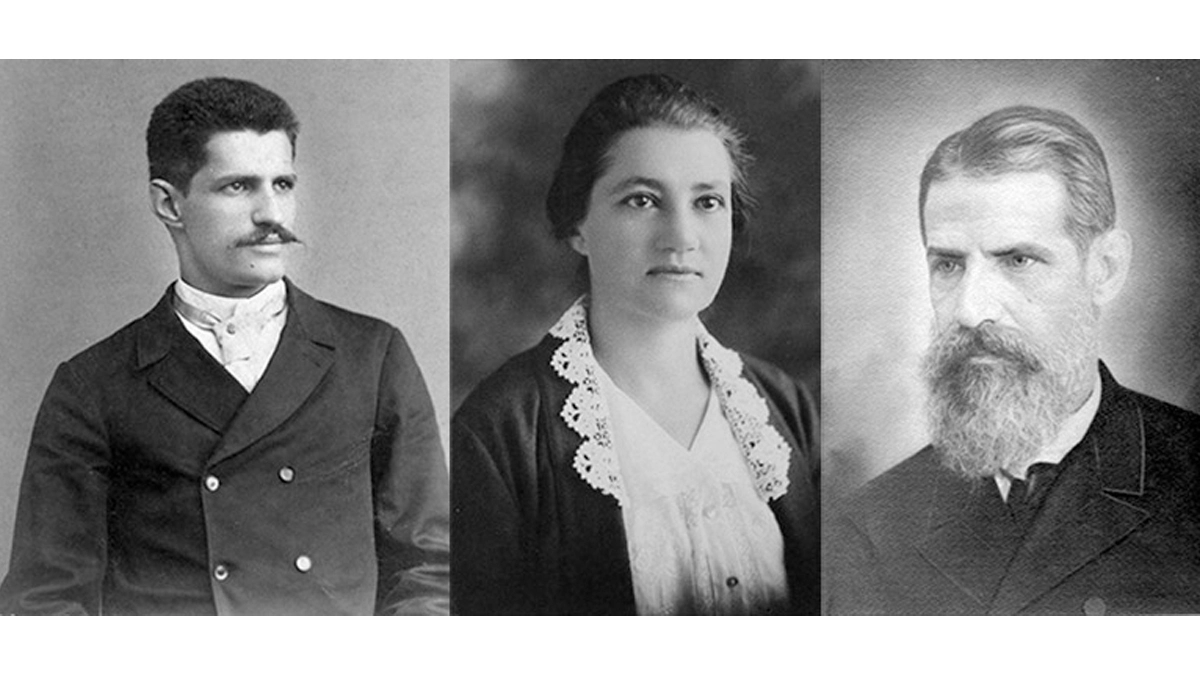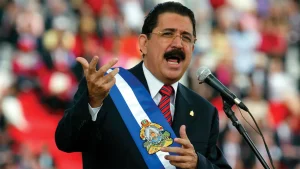Biography of Manuel de Adalid y Gamero

Manuel de Adalid and Gamero.He was born in Danlí, department of El Paraíso, on February 8, 1872 and died in Tegucigalpa on March 29, 1947.
He was the son of Doctor Manuel Gamero Idiáquez and Camila Moncada Lazo de Gamero, as a child he showed great aptitude for music and medicine. He is the brother of the writer and novelist Lucila Gamero de Medina.
Early years
He completed his primary studies at the «La Enseñanza» school, then continued at the National Central Institute for Men of the Republic of Guatemala, the country where his parents emigrated.
At a very early age he manifested his vocation for music.He began to read the great works of classical literature and polish his taste as an artist.He took lessons in harmony, counterpoint, composition, piano and organ with teachers Alexis Ayel Holmes, Deliponti, Cazatti and Peralta, at the Conservatory of Fine Arts of Guatemala.When he was 21 years old, he was selected as organist of the Church of the Capuchins, in the same city.
Returning to his hometown, he organized the Aeolian orchestra, with twenty-four musicians carefully selected by him. In 1885 he formed a Civic Band with that same group of artists, which gave weekly concerts in the city, with the purpose of bringing musical culture to the people.
Career path
In Danlí, he formed an orchestra and a band with musicians made by himself, after 1915 to 1924 and from 1929 to 1932, he was general director of the Military Bands of the Republic of Honduras.
He was a professor of Musical Theory and Harmony and founder and director of the School of Senior Musicians, which gave such excellent results, forming qualified elements that today accredit Honduras.He wrote many articles on musical theory and practice, and is the author of the pamphlet «The Art of Conducting» (1921).
Within his extensive repertoire of compositions, the following are known: Voices of the afternoon, A night in Honduras, Hada de amor, Patrulla Joven, Serenata, etc. His many musical compositions include various marches, mazurkas, polkas, and waltzes for orchestra and military band.
In 1936, the United Service Orchestra of Washington performed the symphonic poem «The Funerals of a Bunny».
Music
Waltzes
- Serenade of Copelia
- love fairy
- Manola
- The Ulúa heron
- Barcarole
- By you
- Autumn Roses
- evening voices
- Honduran remembrances
Marches
- The heroes
- Saffo March
- The colonels
- Young patrol
- guambuco
- Danli’s gardens
- Spring morning in Washington
- Soldiers of the air
- Singing to Honduras (Hymn)
- Bolero from danileño
- The Funerals of a Bunny (Funeral March)
- Tropical suite
- One night in Honduras (Symphonic Intermezzo)
- Dance of Bacchus
- La muerte del Bardo (Trio for violin, violencelo and harp)
Polka
Stella Matutina and others. Most of his compositions are not known in Honduras; some of them were and are executed in the United States. La Suita Tropical was performed with great success in Seville, Spain, in a band contest held in that city; The symphonic poem «The Funerals of a Little Bunny» was first played by the United Orchestra of Washington in 1936.
Semblance of Manuel de Adalid taken from the book Thresholds
“My father was my mother’s piano teacher. He did not dedicate himself to the cultivation of music; but he was a music lover, he played the piano with good technique, he had Italian teachers and, in turn, he taught several people in his family.
I grew up listening to serious music, and my parents would often sit at the piano and play four-handed overtures from Adams’s Rossine; by Auber and operatic selections by the best Italian masters. My dad was very fond of Clementi’s toccatas and Mozart’s sonatas. My mom preferably played Donazetti and Verdi. Many of the overtures and selections I learned for the band were my parents’ favorite pieces. I tell him that because it explains my taste and my musical tendencies, she expressed in one of his letters. »



